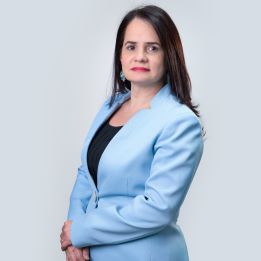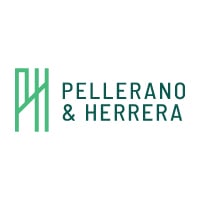

Legal manager | Altice Hispaniola



Wendy Rodríguez Simo
Legal manager | Altice Hispaniola
Based on your experiences in the past year, are there any trends in the legal or business world that you are keeping an eye on that you think other in-house lawyers should be mindful of?
One of the most significant trends I have observed is the increasing convergence of legal, regulatory, and environmental, social and governance considerations in corporate strategy. Now, in-house lawyers are expected to advise not only on legal risk but also on reputational and sustainability impacts. Likewise, the speedy evolution of AI and automation tools, especially in contract analysis and compliance supervision, requires legal teams to stay ahead of incipient regulatory frameworks around data ethics. I consider in-house counsel must adopt a multidisciplinary approach, combining legal expertise with strategic vision to navigate these current complex dynamics.
What factors influence your team’s decision to use external legal services versus handling matters in-house, and what criteria are used to evaluate their performance?
The decision to involve outside counsel is determined by a mixture of complexity, specialisation, and strategic value. Matters related to international transactions, high-stakes legal disputes, or specialized knowledge often require external support. Also, maintaining the in-house team’s focus on essential business objectives is a priority when deciding whether to outsource. When selecting external counsel, we take into consideration not only their skill and industry experience but also their responsiveness, alignment with our business strategy, and capability to deliver practical and commercial sound advice. We evaluate external counsel’s performance using key metrics such as cost-effectiveness, speed of execution, quality of output, and collaboration effectiveness. At the core, we consider external counsel a true partner, that must be aligned with our values and dedicated to delivering excellence and responsibility.